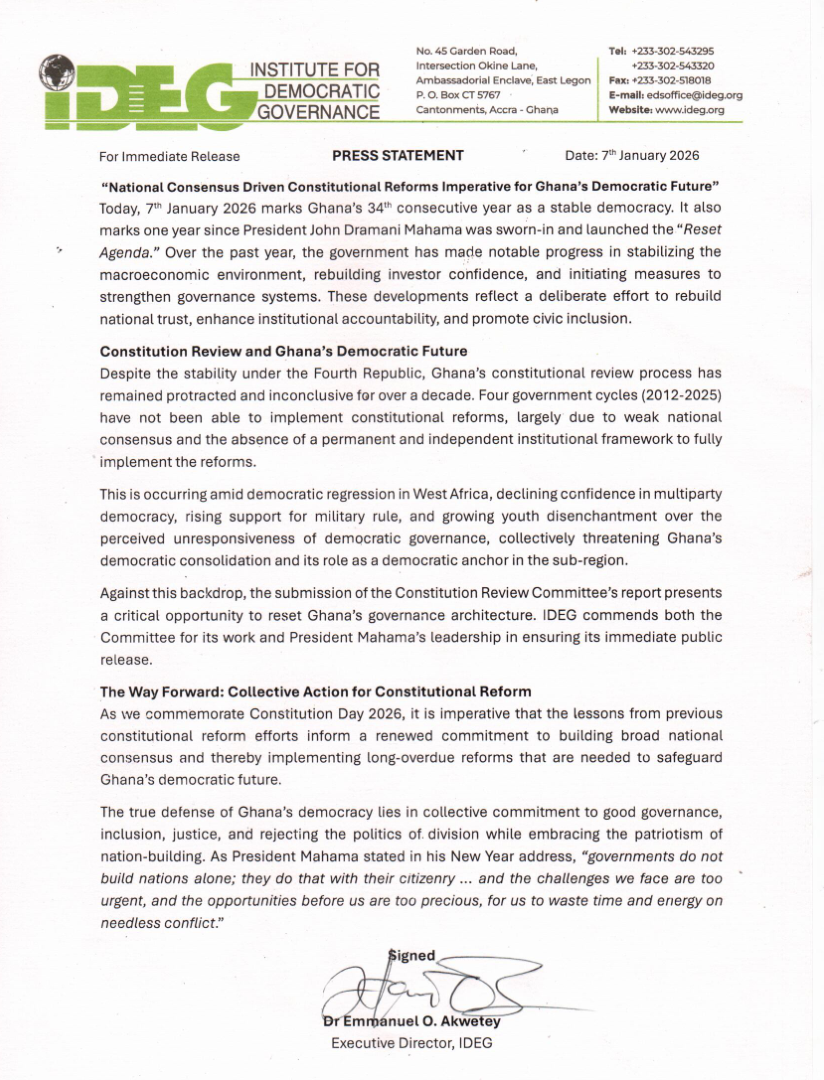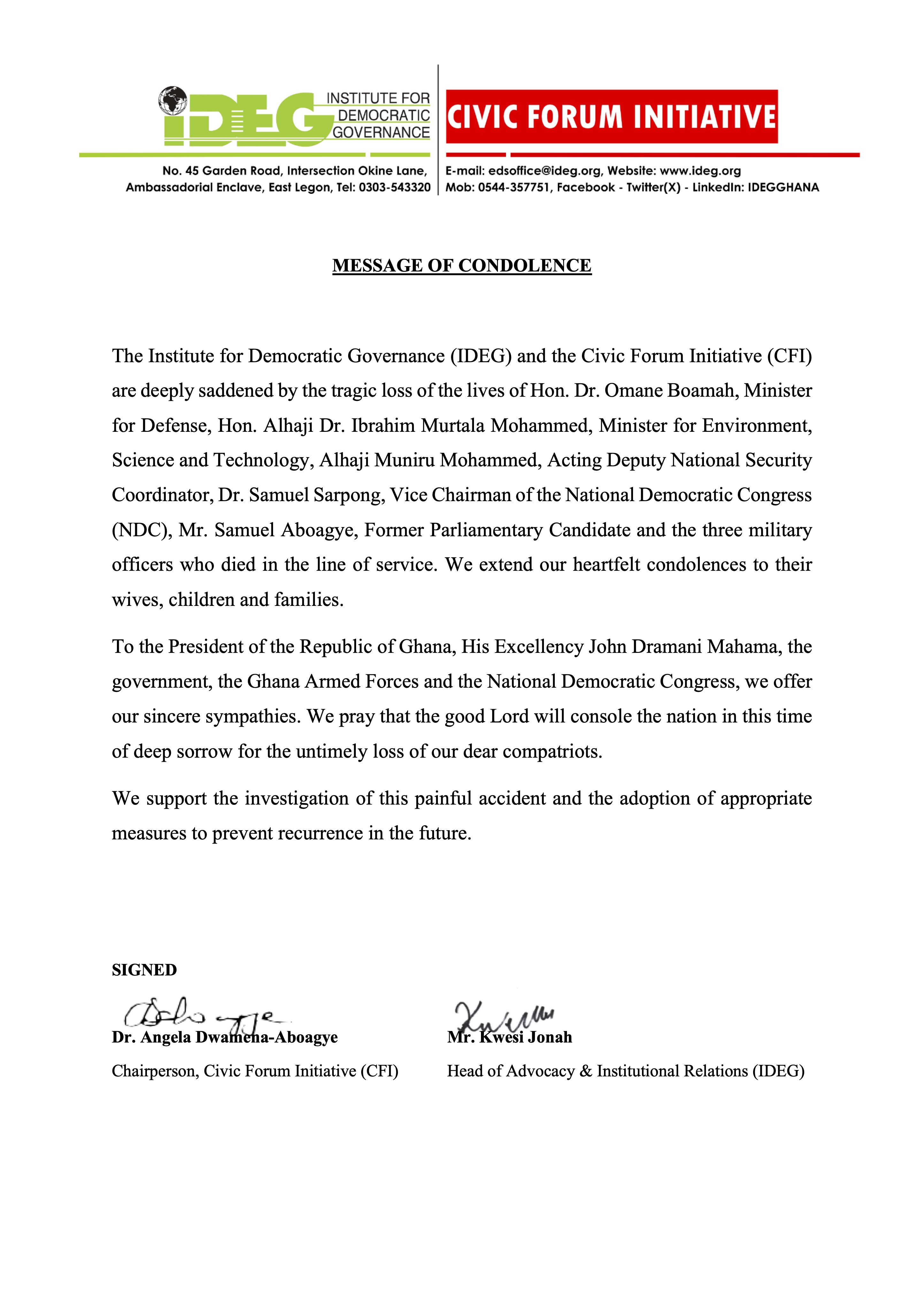LOSING OUR DEMOCRATIC VALUES BY VIRTUE OF POLITICAL POLARISATION IN GHANA
When a West African country that embodies democracy is mentioned anywhere, it is often Ghana that comes to mind. Since the advent of the Fourth Republic in 1992, Ghana has gradually solidified its status as a beacon of democratic principles and its application to national development and politics. Indeed, the nation has made a lot of progress, given the absence of military interventions, respect for human rights, holding free and fair elections and ensuring smooth transition of power primarily between the two dominant parties, New Patriotic Party (NPP) and National Democratic Congress (NDC). This signifies a gradual consolidation of the nation’s democratic dispensation and the people’s willingness to adhere to democratic principles that eschew all forms of destructive behaviour or processes.
However, given the duopolistic character of Ghana’s politics, the nation has found itself riddled with undemocratic behaviour from both politicians and supporters alike. In other words, the respective political party candidates or representatives and their supporters have resorted to “othering” each other, regarding themselves as opponents and polar opposites. Over time, this attitude is eroding Ghanaians’ sense of self i.e. as one nation with a national identity. It is becoming difficult for people to see each other beyond or without partisan lenses, especially where interests and views do not converge about national development, electoral processes and other aspects of Ghana’s democracy.




